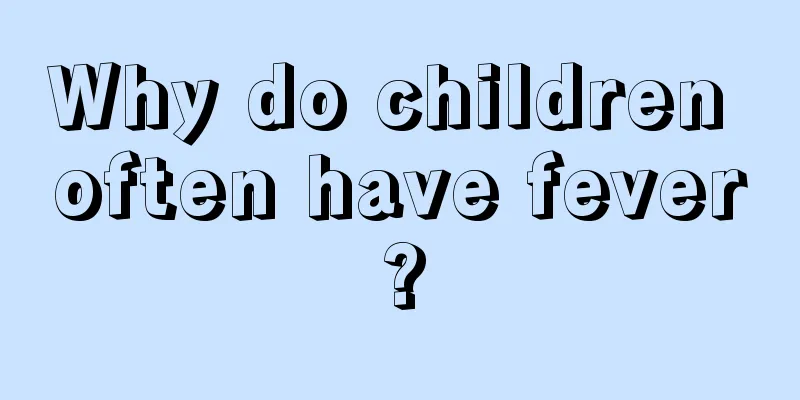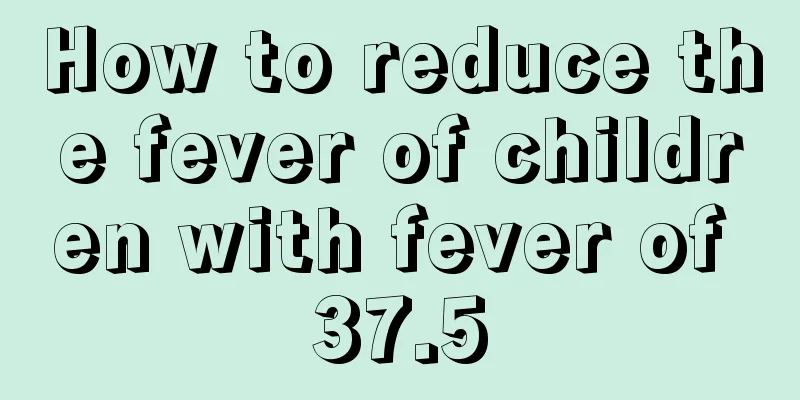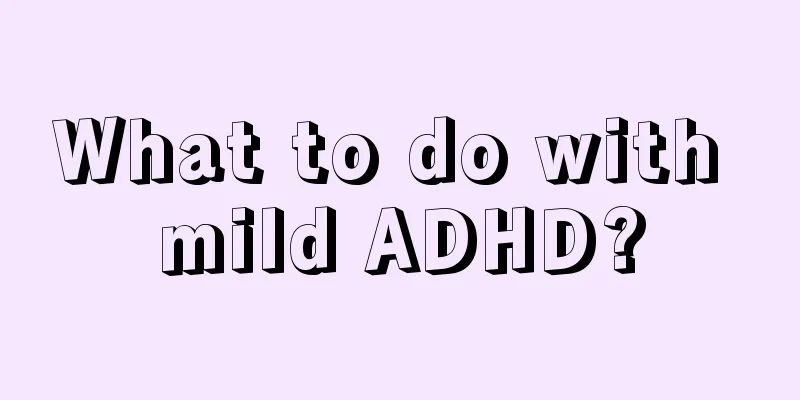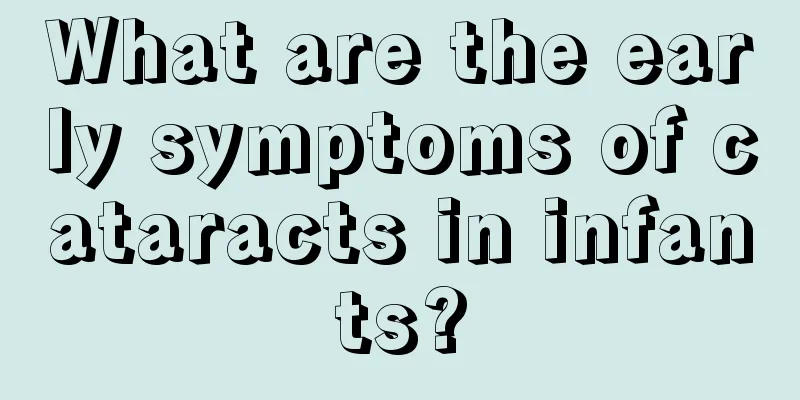What causes bad breath in a three-year-old child?
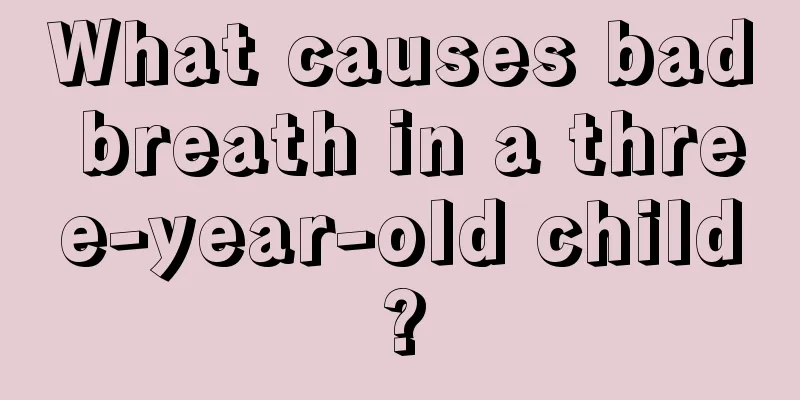
|
Bad breath is still very common. People nowadays have problems with their living habits, such as unreasonable diet and irregular work and rest. Over time, this will lead to gastrointestinal disorders, which in turn lead to bad breath. However, many children also have this problem. Families should not take it lightly when encountering children with bad breath. So what causes bad breath in three-year-old children? Children's digestive organs are not fully developed, digestive juices are not secreted enough, enzymes are not fully functioning, the stomach and intestinal mucosa are tender, and the digestive function is relatively weak. If parents cannot feed their children properly and give them everything to eat, the quality and quantity of their diet will be inappropriate, damaging their stomach and intestines. The children will then have symptoms of indigestion (food damage), such as bloating, vomiting, loose stools with a sour and smelly smell, and a large amount of undigested food residues. The reasons include improper feeding, which causes gastrointestinal dysfunction. Gastrointestinal inflammation. Infants and young children eat food contaminated by bacteria, which causes gastrointestinal inflammation. The misuse of antibiotics causes an imbalance in the gastrointestinal flora, in which normal bacteria, such as lactobacilli, are inhibited, while miscellaneous bacteria grow and multiply in large numbers. As the weather gets colder, the body's resistance decreases and a cold stomach can cause indigestion. The first type is called sulfur halitosis. Sulfur halitosis is mostly caused by the decomposition of substances in the mouth, which produces sulfides with a special smell, thus causing bad breath. Sulfur halitosis is mostly local, among which volatile sulfides are the important components that cause bad breath. Therefore, we should develop good eating habits, eat at regular times and in regular amounts, and eat less fried or pan-fried foods. The second type is called ammonia halitosis, which is not as simple as sulfur halitosis. It is often an external reflection of physical illness. For example, most of the types of illness are caused by stomach diseases and are purely pathological halitosis. Moreover, its characteristic is that regardless of whether one has stomach disease or not, bad breath can occur as long as there is a certain number of Helicobacter pylori infection in the stomach. Through the above introduction, everyone is very clear about the reasons why three-year-old children often have bad breath. The problem of bad breath cannot be ignored. After all, it will affect the health of children and affect their psychology. They will feel embarrassed and inferior from an early age. This is not good, so it is important to find a way to eliminate bad breath. |
<<: Treatment of neck ulcer in children
>>: What are the benefits of training your baby's balance ability?
Recommend
What to do if your baby has indigestion after changing milk powder
The health of the baby is something that every mo...
What is Mycoplasma respiratory infection?
Mycoplasma respiratory tract infection is a commo...
How to treat blisters on baby's feet
If the baby has blisters on his feet, parents wil...
What are the symptoms of zinc deficiency in babies?
When it comes to children suffering from zinc def...
How to do facial pain scoring in children?
The face is rich in sensory cells, which are conn...
Symptoms of convulsions in two-month-old babies
Every change in the baby after birth is watched b...
Is it better for babies to take cod liver oil or vitamin D?
The healthy growth of babies is a very important ...
Is it necessary to test the bone density of babies?
Do newborn babies need bone density tests? This i...
Treatment for a four-month-old baby who sweats at night
A four-month-old baby sweats while sleeping at ni...
What causes children to vomit and feel nauseous?
Diseases are very common in people's lives, b...
How to treat phlegm-damp constitution in children?
Children's health is what worries parents the...
What to do if your child's hand is swollen after being bitten
The weather is hot in summer and there are more m...
Can children eat taro?
Families still need to take children's diet i...
Will benign epilepsy in children heal itself?
Benign epilepsy in children can cause the patient...
What to do if a child has a viral fever
Many babies will feel unwell if they are not prop...
